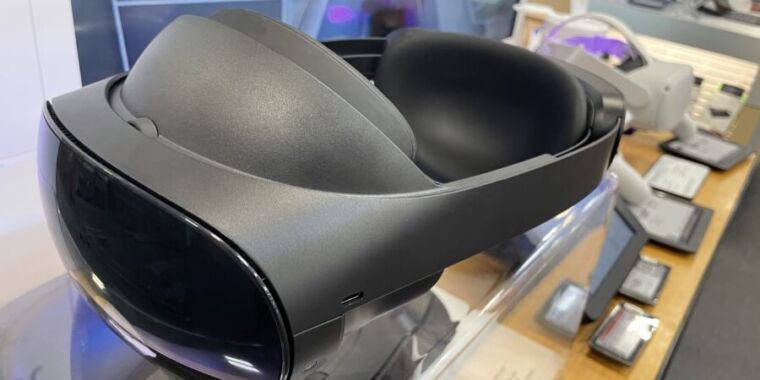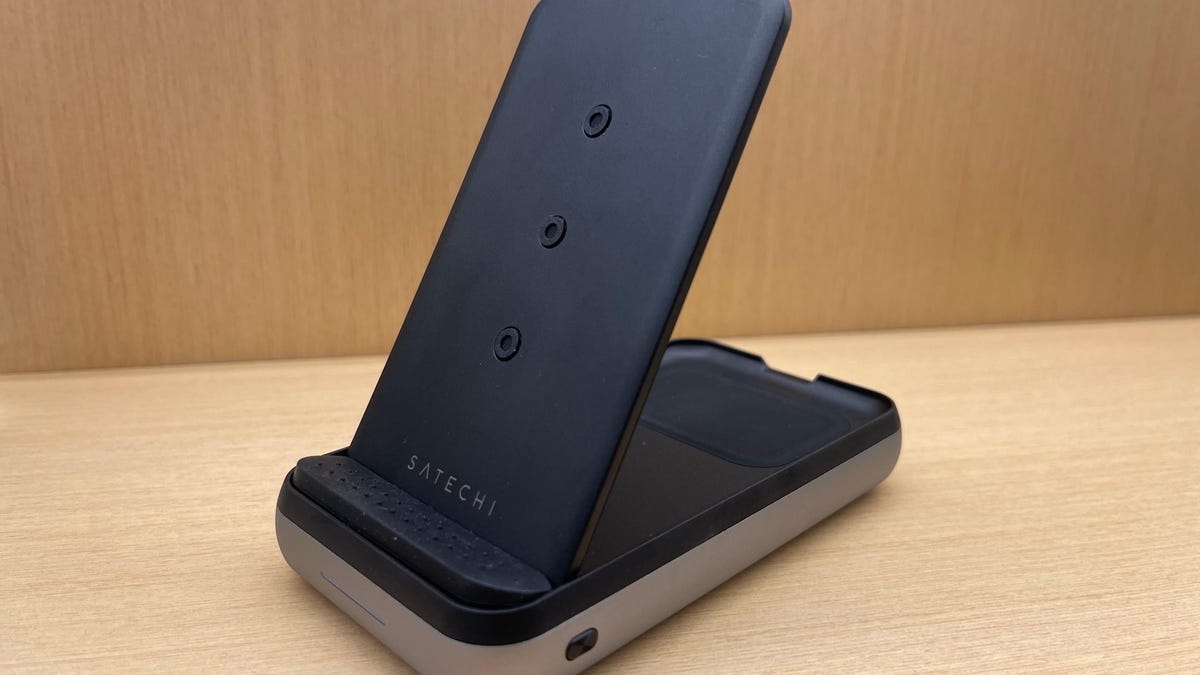Meta’s Move towards Open Mixed Reality Ecosystem
Meta, formerly known as Facebook, has made a significant announcement regarding its Quest mixed reality headsets. They are opening up the operating system that powers these devices, now named Horizon OS, to other tech companies. This shift marks a new era for Meta in providing more specialized uses for mixed reality devices.
Specialized Devices for Different Purposes
One of the key points mentioned is the development of purpose-specific devices to cater to different needs. For instance, there will be headsets solely focused on enhancing the experience of watching TV and movies through high-end OLED displays. On the other hand, there will be lightweight headsets optimized for productivity and exercise activities, even at the expense of top-notch performance. Of course, gaming-oriented devices are also in the pipeline.
The company has already announced partnerships with three major players in the industry to kick off this expansion. Asus will be producing a gaming-centric headset under its Republic of Gamers (ROG) brand. Lenovo, on the other hand, will focus on creating general-purpose headsets with an emphasis on productivity, learning, and entertainment. Additionally, a special collaboration with Xbox will see the release of a Meta Quest special edition bundled with an Xbox controller and access to Xbox Cloud Gaming and Game Pass.
Interconnected Social Layer
One of the standout features of Meta’s Horizon OS is the social layer that enables users to connect with each other through identities, avatars, social graphs, and friend groups across different devices. This interconnected ecosystem will allow shared virtual spaces to be enjoyed collectively, irrespective of the specific device being used.
Open Platform Approach
Meta’s decision to make Horizon OS an open platform for partner OEMs sets it apart from the strategy employed by tech giant Apple with its Vision Pro headset. While Apple tends to tightly control the integration of software, hardware, and services within its devices, Meta is taking a page from the playbook of the smartphone market. By basing Horizon OS on Google’s Android, the company aims to create a diverse ecosystem of devices from various manufacturers, much like the diverse range of smartphones running on Android compared to Apple’s exclusive iOS.
In addition, Meta is actively working on a new spatial app framework to facilitate developers in transitioning from mobile app development to mixed reality app creation for Horizon OS. The company also plans to streamline the release process for developers by merging the Meta Horizon Store and App Lab, allowing more developers to publish their software on the platform easily.
Future Outlook
While specific details such as pricing, specifications, and release dates for these new devices are yet to be revealed, Meta’s CEO, Mark Zuckerberg, acknowledged that it will likely take a couple of years for this expanded ecosystem of hardware devices to become fully operational. The significant shift towards openness and collaboration with partners indicates Meta’s ambition to lead the way in the mixed reality space amidst increasing competition in the market.
Image/Photo credit: source url





